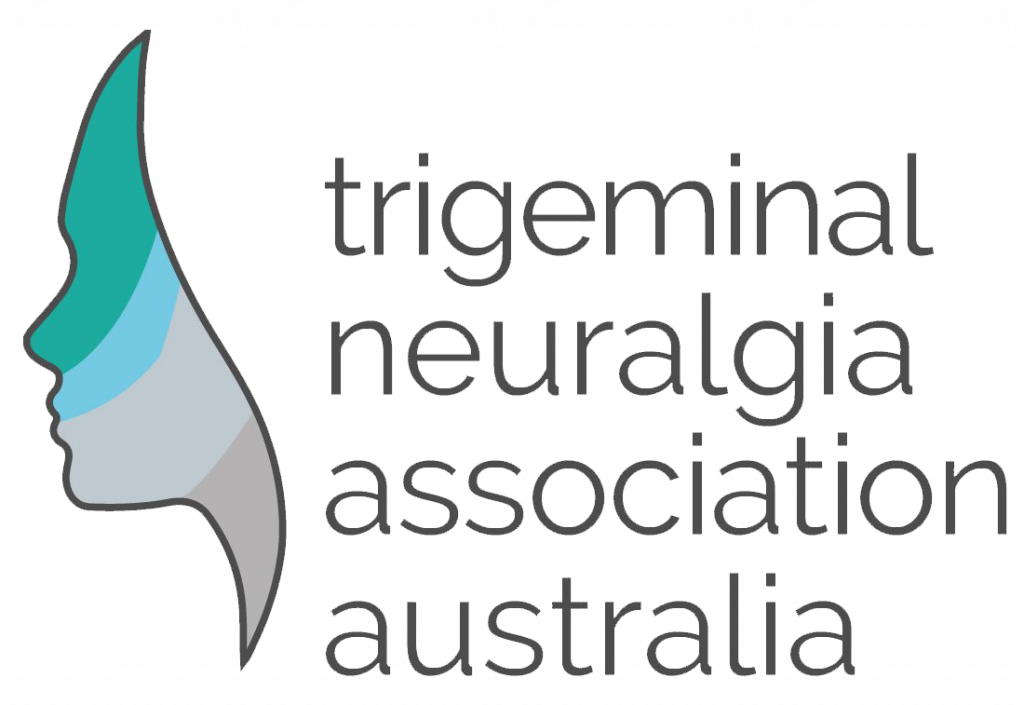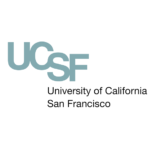There has been some talk on social media trigeminal neuralgia sites, that a possible drug developed for severe migraine, could be used for trigeminal neuralgia pain.
There have been a number of studies out of Israel which has shown some positive results. The drug mentioned is ERENUMAB (aimovig). This drug has not been approved for managing migraine on the PBS but can be purchased on a private prescription at quite a monthly cost.
The below information was taken from Headache Australia Org
Cost & access in Australia
Aimovig is available in Australia for the preventive treatment of migraine in adults. It is a prescription medication so you will need to see your neurologist to access it. If you are not seeing a neurologist at the moment, you can find one in our doctor directory.
Unfortunately Aimovig is not available under the Pharmaceutical Benefits Scheme (PBS). After several failed attempts, Novartis withdrew their application in November of 2019.
The cost for 140 mg of Aimovig (two x 70 mg pens) is $695. You can order this online and it will be shipped to a pharmacy of your choice for pickup. At this stage, Novartis is not offering any free trials or discount programs.
At a glance
| Brand name | Aimovig |
| Active ingredient | Erenumab |
| Manufacturer | Novartis Australia |
| Dosage | 70 mg or 140 mg per month |
| Administration | Subcutaneous injection (self-administered) |
| Availability | Prescription-only |
| Cost per 140 mg dose | $695 |
| PBS Status? | Private prescription only (PBS application withdrawn in November 2019) |
This treatment has been approved in 71 different countries including USA
https://www.fda.gov/news-events/press-announcements/fda-approves-novel-preventive-treatment-migraine
Efficacy of Erenumab in the Treatment of Trigeminal Neuralgia: A Retrospective Case Series
Neurol Clin Pract. 2021 Jun.
Abstract
Objective: Trigeminal neuralgia (TN) is a chronic, often refractory, pain condition, which adversely affects the lives of patients. Current treatments are only mildly effective. Anti-calcitonin gene-related peptide (CGRP) monoclonal antibodies have been successfully studied in the treatment of migraines. CGRP plays a role in both TN and migraine. It is prudent to attempt CGRP monoclonal antibody therapy in TN. Erenumab, a human anti-CGRP monoclonal antibody medication, modulates CGRP, which is elevated in patients with TN. The primary objective of this study was to evaluate the efficacy of erenumab for patients with TN.
Methods: Retrospective analysis was performed on data collected from 10 patients diagnosed with TN and treated with erenumab for 6 months. Pain was tracked using a numeric pain rating scale (NPRS) from 0 to 10. The effect of erenumab on NPRS after 6 months’ time was the primary end point. Secondary end points included side effects to therapy, improvement in headache frequency in those with comorbid migraine, evaluating mood following therapy, and global mood improvement using scale (worse, no change, improved).
Results: Nine of 10 patients (90.0%) reported improvement in pain severity and in global mood improvement. Three patients reported resolution of anxiety and/or depression. Side effects were minimal, with 3 patients reporting constipation, injection site reactions, or both.
Conclusions: Based on these results, erenumab appears to be an efficacious treatment option for patients with refractory TN. Patients experienced improvement in pain, reduced frequency of headache, and improvement in mood. Treatment was well tolerated with only mild side effects reported.
Classification of evidence: This study provides Class IV evidence that erenumab increases the probability of improved pain control in patients with medication-resistant TN.
© 2021 American Academy of Neurology.
Further research articles
We do not recommend a medical course of action for individuals. Always discuss medical options with medical professionals.






